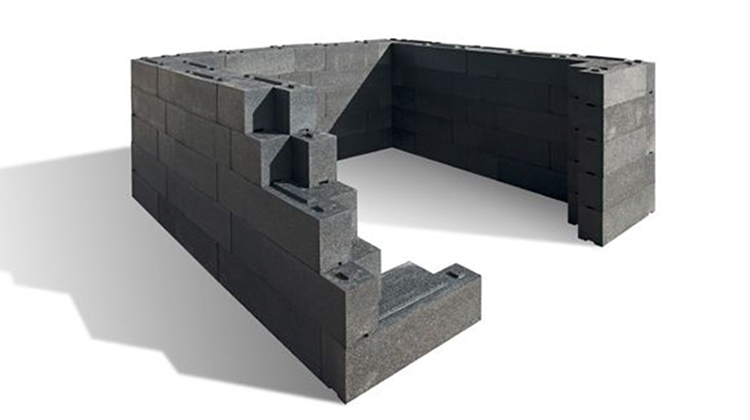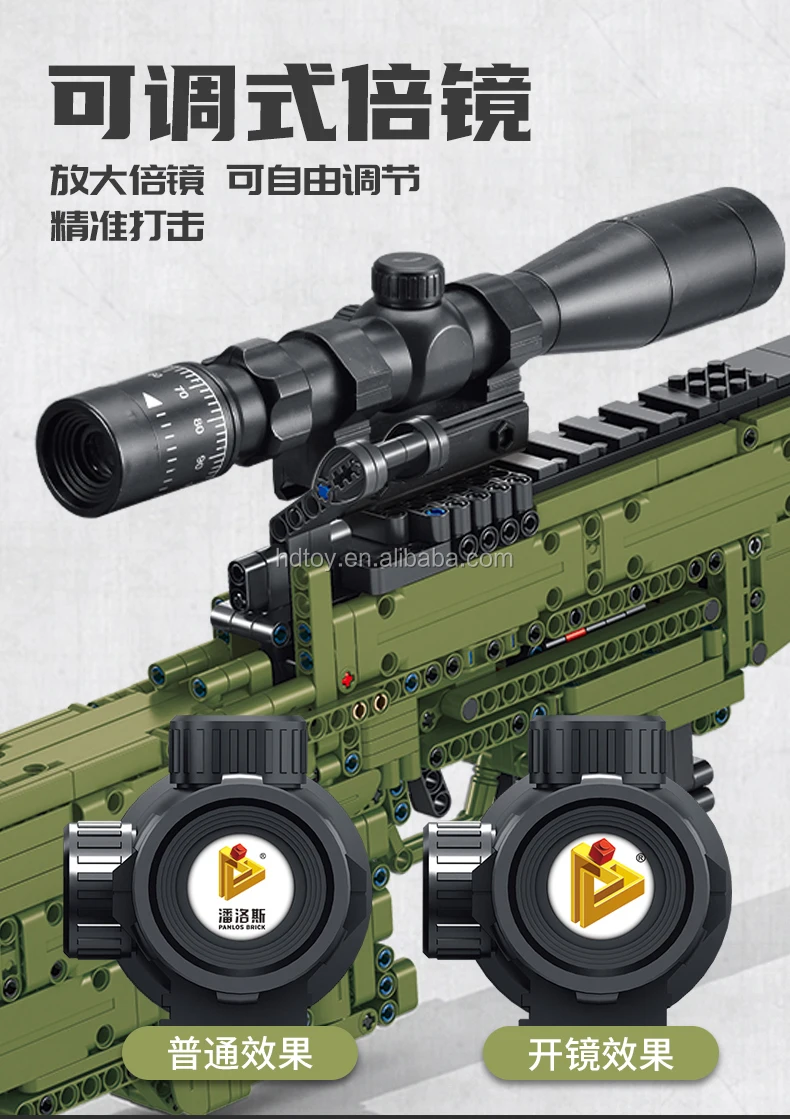

The main course was venison with cherry sauce, or nelma fish (Siberian white salmon, according to officials) from the Pechora River with vegetables.Īccompanying the meal were two wines from Russia's Divnomorskoye Estate winery. The appetiser was said to have been made from Far Eastern seafood, pancakes with quail and mushrooms, sturgeon fish soup with, intriguingly, a side dish of pie, and pomegranate sorbet. So while the content of their discussions has understandably been at the forefront of coverage, the Kremlin has been keen to publicise even the more trivial details of the Chinese leader's visit.Īs such, the various dishes the pair were served during their dinner this evening have also been revealed.Ī total of seven dishes featured on the menu. "Such comments are also important given the geopolitical context of these elections and the unprecedented tensions the region and the world have been going through since last year," said the official, speaking on condition of anonymity as they were not authorised to comment publicly.Īs has been widely observed, Xi Jinping's visit to Moscow and meeting with Vladimir Putin today represents a coup for Russia in its geopolitical endeavour to avoid complete international isolation. Observers from the Organisation for Security and Cooperation (OSCE) in Europe said reforms made ahead of the vote addressed some of the democracy watchdog's prior recommendations and "increased choice for voters", though further changes were needed.ĭespite a formal easing of requirements for party registration, such as the number of signatures they need to present from every region, no opposition parties were able to register ahead of the vote.Īt least one opposition group accused the government of deliberately denying it registration.Ī senior Kazakh official said that the OSCE's decision to note positive changes as well as areas of concern was a "welcome encouragement" for the country's authorities to work towards greater democracy. No opposition parties ran in Sunday's election but Western criticism was less pronounced than usual, as Europe and the United States seek to strengthen ties with Russia's neighbours that have been shaken by Moscow's invasion of Ukraine. Kazakhstan's ruling Amanat party won 53.9% of the vote in a snap parliamentary election, official data has indicated, giving President Kassym-Jomart Tokayev a clear mandate to reform the oil-rich nation in line with his social justice objectives. Read more: What does the arrest warrant really mean for Putin? Joe Biden, the US president, backed the court's decision to issue the warrant, describing it as "justified" over the weekend.

The arrest warrant, issued on Friday by the International Criminal Court, was dismissed as "outrageous" and "null and void" by the Kremlin.Īlong with China and the US, Russia is not among the 123 countries that are members of the ICC, which are obliged to arrest Mr Putin if he arrives on their territory. Mr Putin is accused of being directly involved in the abduction of Ukrainian children, which constitutes a war crime. Xi Jinping's visit to Russia days after an international warrant was issued for Vladimir Putin's arrest suggests China does not think the Kremlin should bear responsibility for atrocities in Ukraine, the US has said.Īntony Blinken, the secretary of state, said that instead of "condemning" the Kremlin, China "would rather provide diplomatic cover for Russia to continue to commit those grave crimes". "They do believe that and they see this as a time in history when they must unite to frustrate the United States and accelerate that process," he said. He said there was now a "harmony of interest" between the two nations now, as "both of them see the United States in a state of terminal decline, rightly or wrongly". "They may call it a friendship, but we can certainly see that Russia is, in effect, a vassal state of China now because Russia is a pariah in the global economy." I mean, in terms of economic significance.

I mean, Russia doesn't really have very many worthwhile friends, to be honest. Mr Magnus said: "Putin desperately needs friends. So he wants to kind of tell the world that, you know, China is there as also a potential mediator, building on the news item that broke last week about bringing Saudi Arabia and Iran together to re-establish diplomatic relations."

"But also he wants to send other messages, too. He said Mr Xi wanted "to send out a very clear message of support to the Russian leader". George Magnus, a research associate at Oxford University's China Centre, has been speaking to Sky News about the significance of Xi Jinping's trip to Moscow.


 0 kommentar(er)
0 kommentar(er)
